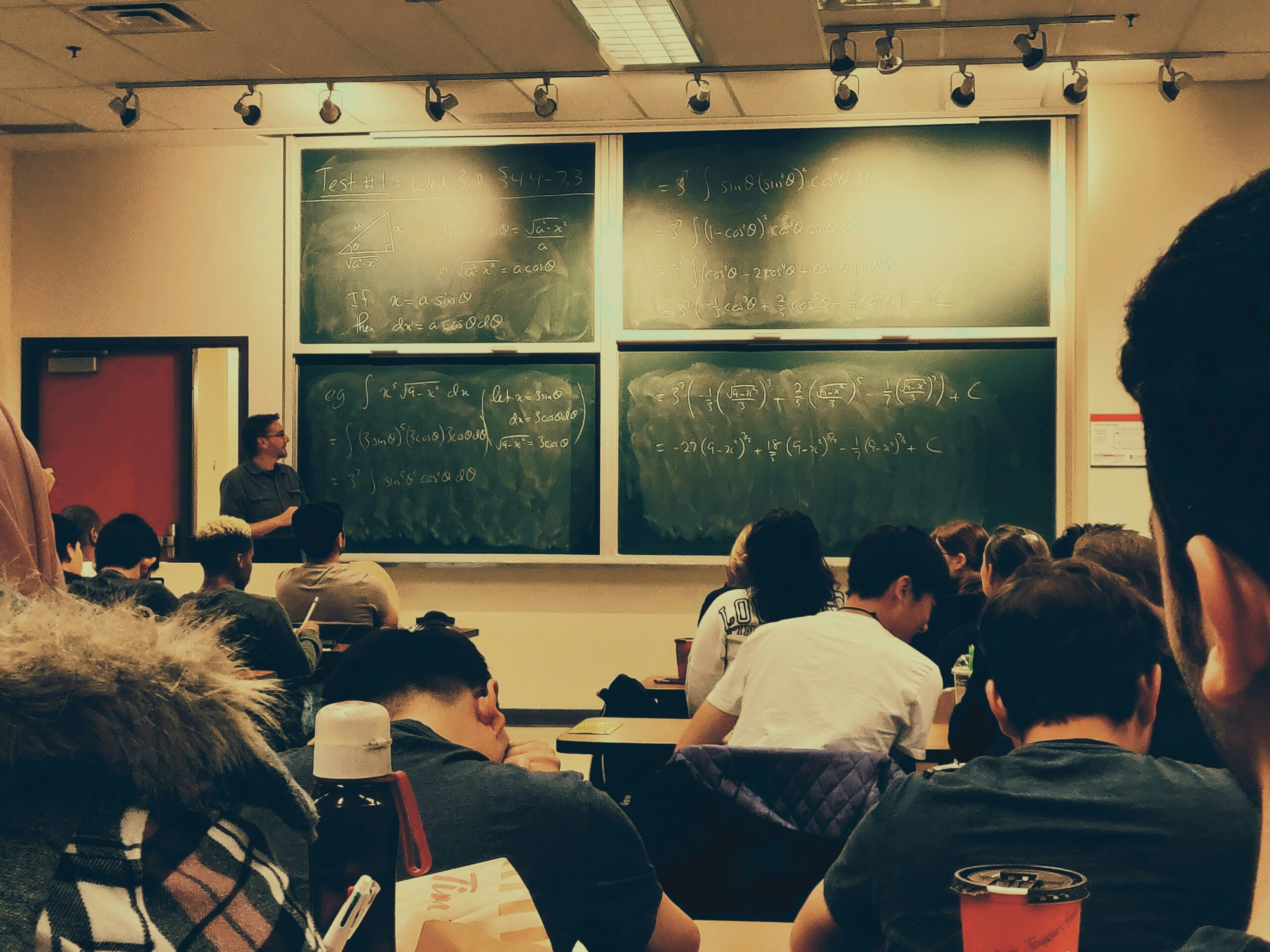
Economic theories are essential for analyzing the complexities of financial systems, markets, and the decisions made by individuals, businesses, and governments. Whether you’re a beginner or an expert, these theories provide the foundation for interpreting economic events, making predictions, and shaping policies. The journey from a novice to an expert in economic theory requires building a strong understanding of the fundamental concepts before diving into more advanced frameworks.
At the beginner level, it is essential to grasp fundamental concepts such as supply and demand, scarcity, and opportunity cost. These form the backbone of most economic decisions. For instance, supply and demand explain how the price and quantity of goods and services are determined in a market economy. Scarcity refers to the limited availability of resources, while opportunity cost highlights the trade-offs we make when choosing one option over another. These initial principles lay the groundwork for more complex theories.
Key Economic Theories for Beginners
As a beginner in economics, it is vital to familiarize yourself with the basic models and schools of thought that shape the field. Classical economics, for example, focuses on free markets and the idea that economies tend toward equilibrium. Individuals acting in their self-interest will unintentionally contribute to the overall economic good.
Another key theory for beginners is Keynesian economics. Founded by John Maynard Keynes, it emphasizes the importance of government intervention in managing economic cycles. Keynes argued that during times of economic downturn, government spending can help stimulate demand and pull an economy out of recession. These foundational theories lay the groundwork for more complex financial models that come later in your journey.
Advancing to Intermediate Economic Theories
Once you understand the basics, you can begin exploring more complex theories that offer deeper insights into economic behavior. One such theory is the theory of monopolies, which challenges the assumption of perfect competition. In this model, a single supplier controls the market, which can lead to higher prices and reduced consumer welfare. This theory is especially relevant in industries such as utilities or technology, where a small number of companies often dominate the market.
Another intermediate-level theory is the theory of externalities, which examines the unintended consequences of economic activities. These can be either positive (such as education benefiting society) or negative (such as pollution harming the environment). Understanding externalities helps economists develop solutions to mitigate their harmful effects, such as through government regulation or market-based approaches like carbon taxes.
Expert-Level Economic Theories
For those ready to explore expert-level economic theories, a variety of advanced models and concepts await. One of these is game theory, which analyzes strategic interactions between individuals or organizations in a competitive environment. Game theory has numerous applications, ranging from business negotiations to international diplomacy, and is a vital tool for economists.
Additionally, economic growth theories, such as the Solow growth model, provide insight into the long-term determinants of economic growth. The Solow model emphasizes capital accumulation, technological progress, and labor force growth as key drivers of economic growth. Experts can also explore endogenous growth theory, which suggests that investment in human capital, innovation, and knowledge can drive sustainable economic growth.
The Role of Behavioral Economics
Behavioral economics is another critical area of expertise in modern economic thought. This theory integrates psychological insights into financial decision-making, challenging the traditional assumption that individuals always act rationally. By examining how emotions, biases, and social factors influence economic decisions, behavioral economics helps explain phenomena such as market bubbles, consumer spending habits, and the rise of economic inequality.
Experts in behavioral economics utilize this knowledge to develop policies and strategies that take into account human behavior rather than relying solely on purely theoretical models. For instance, nudging is a concept from behavioral economics that involves subtly influencing individuals’ choices, like changing default options in retirement savings plans to encourage better decision-making.
The Future of Economic Theories
Economic theories continue to evolve as new challenges and opportunities arise in the global economy. For aspiring experts, staying updated on emerging trends such as digital currencies, artificial intelligence, and climate change will be essential. These issues present novel challenges that may require modifications to traditional economic models.
Additionally, the rise of global interconnectedness and the growing importance of international trade and finance necessitate that economists consider broader systems when applying economic theories. As technology advances and societal needs change, the field of economics will continue to adapt, offering new theories to help solve the world’s most pressing economic problems.
Economic theories form the cornerstone of understanding how economies function at every level. From the beginner’s grasp of supply and demand to expert-level concepts like game theory and behavioral economics, the journey through economics is one of continuous learning and adaptation. As economic systems evolve, so too will the theories that help us navigate and understand them.